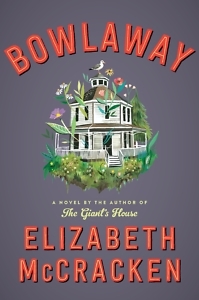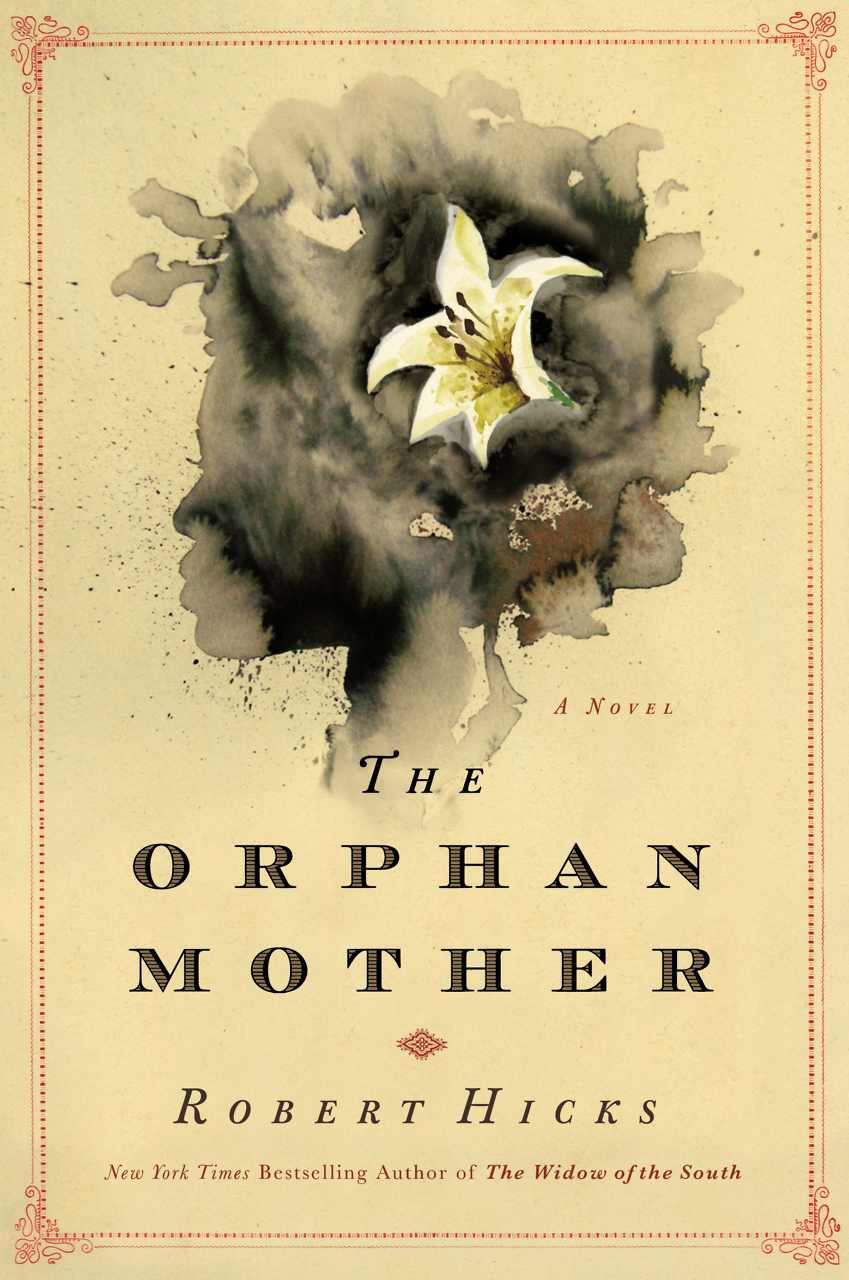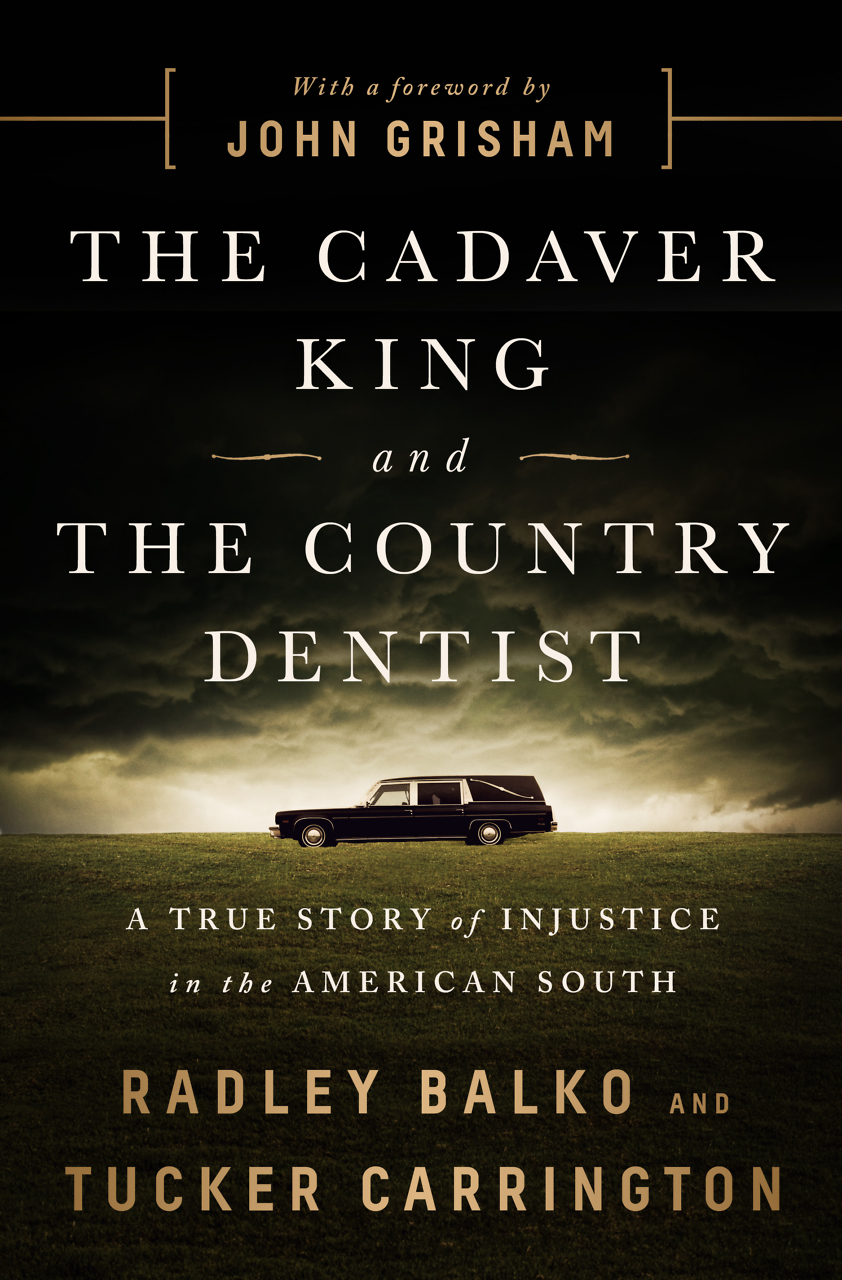Strikes and Gutters
Elizabeth McCracken’s Bowlaway is a genealogy set in a bowling alley
Just a few years into the twentieth century, a night watchman patrolling a cemetery comes across a woman lying in the snow. She is alive but unconscious, and she has in her possession a small bowling ball and fifteen pounds of solid gold. So begins Bowlaway, Elizabeth McCracken’s enchanting third novel.

The eccentric woman won’t say how she came to be lying on her back in the snow. She won’t reveal her age to the doctors who examine her. She even seems unsure of her own name, Bertha Truitt. But she pledges to open a bowling alley in Salford, Massachusetts, and she gets to work.
Bertha is unusual in every way. She will not wear a corset. She dismisses the advice of men. She believes she can judge a person’s character by the shape of his head. She seems to invade the sleep of the townspeople, flying into the doors of their dreams at night. Bertha is a visionary and a feminist and, above all, a candlepin bowler.
Candlepin is different from regular bowling—or ten-pin—in that the pins are thin and straight and the balls are smaller and lighter. Bertha builds Truitt’s Alleys and allows women to bowl there with her. She marries a brilliant doctor, an African-American man named Leviticus Sprague, and they set up in a bizarre octagonal house in town. She installs Joe Wear, the cemetery watchman who found her lying in the snow, as the alley’s manager. She has a baby girl, Minna, and she continues to bowl every day.
When you think you’ve got a handle on this novel, McCracken shakes it up. Bertha is killed in a bizarre accident, and her husband—who has no interest in bowling—must oversee the alley. A less skilled or confident writer wouldn’t dare kill her heroine off at the end of the first act, but McCracken is no ordinary writer, and Bertha’s presence is keenly felt for the rest of the novel, which spans about sixty years. If you’re not careful, you’ll start to think the book is historically true—as if the characters and events are too strange to have come from the mind of a novelist.
 McCracken’s prose is a dance. Sometimes it’s ecstatic: the words seem to leap from each other in the most unpredictable moves. Minna’s nanny has a “powdered milk embrace, something like actual love but reconstituted from a packet.” Other times, the prose is as blunt as a blow to the head. After Bertha’s death, Dr. Sprague finds that sorrow “had exploded the logic of his brain.” McCracken’s prose is striking in its originality, but once you’re accustomed to it, you can’t remember reading anything else. It’s the kind of writing that has the ability to alter the language of your dreams.
McCracken’s prose is a dance. Sometimes it’s ecstatic: the words seem to leap from each other in the most unpredictable moves. Minna’s nanny has a “powdered milk embrace, something like actual love but reconstituted from a packet.” Other times, the prose is as blunt as a blow to the head. After Bertha’s death, Dr. Sprague finds that sorrow “had exploded the logic of his brain.” McCracken’s prose is striking in its originality, but once you’re accustomed to it, you can’t remember reading anything else. It’s the kind of writing that has the ability to alter the language of your dreams.
Bowlaway is about a New England town, but it has similarities to Gabriel García Márquez’s Macondo. As in One Hundred Years of Solitude, we don’t have time to mourn the dead. The narrative propels us forward, the next character just as captivating, the next story just as urgent. Bowlaway teaches us to say goodbye—first to Bertha, the book’s singular heroine, and then to the people who loved her, to lovers and bowlers and descendants, as one by one they succumb to the ravages of time, drift away from Truitt’s Alleys, or die in terrible accidents.
Bowlaway is full of death, but it does not teach readers how to grieve so much as it teaches us how to love. An author must love her characters—even the immoral ones, the cheats and liars who have done nothing to earn that love and don’t want it anyway. An author must love these creatures into being and then convince us to regard them with empathy. Bowlaway’s third-person narrator hops from one private moment to the next, revealing the moments when the characters are the proudest and the most ashamed. It’s a spooky kind of magic: you might feel disgusted by a character one minute and sympathetic the next. In this way, McCracken whispers to her reader, “Yes, you, too, are deserving. You, too, are loved.”
It’s impossible not to fall under McCracken’s spell. Bowlaway is a rare treasure, a perfect and precious gift.

Erica Ciccarone is the culture editor at the Nashville Scene. She holds an M.F.A. from The New School in fiction and is at work on her first novel..


